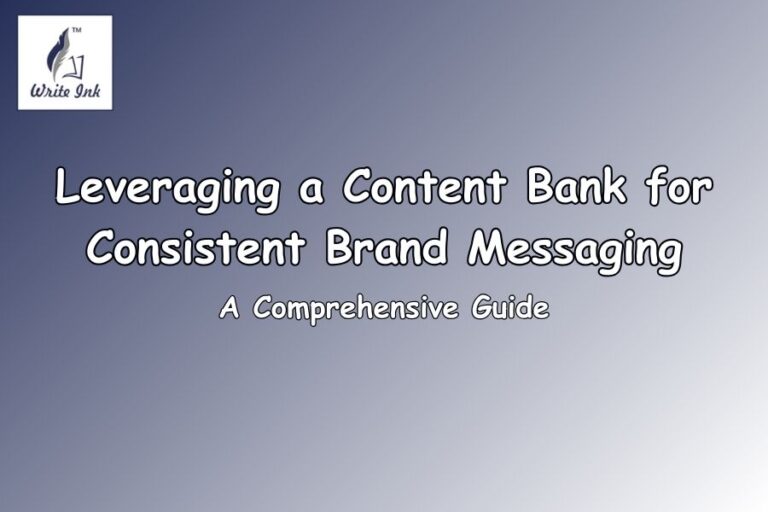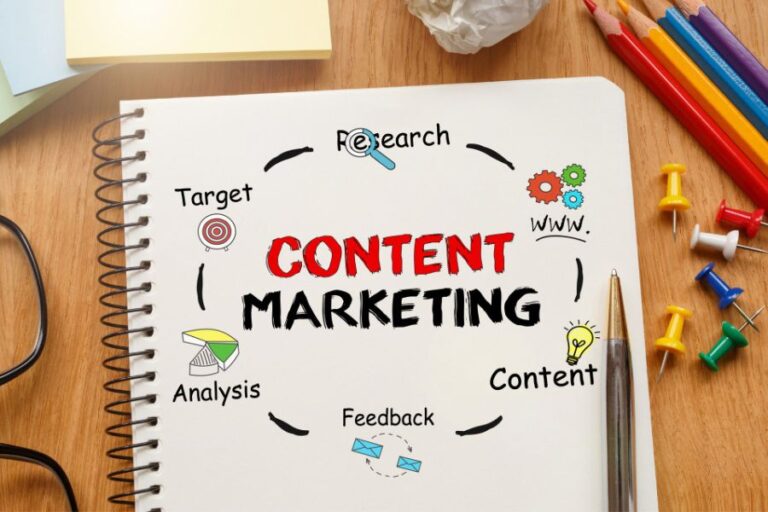5 Content Ideation Hacks for Creativity

Content ideation is the backbone of any successful content strategy. Without fresh, engaging ideas, even the most well-executed content can fall flat. For businesses and content creators, having a structured approach to brainstorming ideas is crucial. This is where content ideation frameworks come into play. These frameworks provide a systematic way to generate, organize, and refine ideas, ensuring your content remains relevant and impactful.
Here are five proven content ideation frameworks to help you unlock your creativity:
1. The 5W1H Framework
The 5W1H framework revolves around answering six key questions: Who, What, When, Where, Why, and How. This approach ensures your content covers all angles of a topic.
- Whois your target audience?
- Whatproblem are you solving?
- Whenis the best time to publish this content?
- Wherewill your audience consume this content?
- Whydoes this topic matter to your audience?
- Howcan you present the information effectively?
This framework is perfect for creating comprehensive blog posts, guides, or case studies.
2. The Content Pillar Framework
Content pillars are broad topics that align with your brand’s expertise. Break these pillars into smaller, more specific subtopics to create a steady stream of related content.
For example, if your pillar topic is “Digital Marketing,” subtopics could include “SEO best practices,” “social media trends,” or “email marketing strategies.” This framework ensures consistency and depth in your content strategy.
3. The SCAMPER Framework
SCAMPER stands for Substitute, Combine, Adapt, Modify, Put to another use, Eliminate, and Reverse. It’s a creative thinking tool that helps you reimagine existing content or ideas.
- Can you substitutea traditional approach with a modern one?
- Can you combinetwo ideas to create something unique?
- Can you adapta successful concept from another industry?
This framework is ideal for repurposing old content or brainstorming innovative angles.
4. The Customer Journey Framework
Map your content ideas to the stages of your customer’s journey: Awareness, Consideration, and Decision.
- Awareness Stage: Create educational content like blogs, infographics, or videos.
- Consideration Stage: Offer comparison guides, webinars, or case studies.
- Decision Stage: Provide testimonials, product demos, or free trials.
This framework ensures your content addresses your audience’s needs at every stage of their journey.
5. The Trendjacking Framework
Trendjacking involves leveraging current trends, news, or pop culture to create timely and relevant content.
- Monitor industry trends using tools like Google Trends or social media platforms.
- Align trending topics with your brand’s voice and values.
- Act quickly to capitalize on the trend before it fades.
This framework is great for creating viral content or boosting social media engagement.
- The Problem-Solution Framework
The Problem-Solution framework is a straightforward yet powerful way to generate content ideas by addressing your audience’s pain points and offering actionable solutions. This approach not only positions your brand as a helpful resource but also builds trust and authority.
- Identify Common Problems: Start by researching the challenges, frustrations, or questions your target audience faces. Use tools like social media, forums (e.g., Reddit, Quora), or customer feedback to uncover recurring issues.
- Propose Solutions: Create content that provides clear, actionable solutions to these problems. This could include step-by-step guides, tutorials, checklists, or expert advice.
- Highlight Benefits: Emphasize how your solution can improve your audience’s situation, making their lives easier, more efficient, or more enjoyable.
Parting Wisdom

At WiteInk, a leading content writing agency, we understand the importance of a well-structured content ideation process. Our team of expert writers and strategists uses these frameworks to craft content that resonates with your audience and drives results. Whether you’re looking to build a robust content strategy, repurpose existing content, or stay ahead of industry trends, WiteInk is your trusted partner.
By leveraging these content ideation frameworks, we ensure your brand’s voice is heard loud and clear in a crowded digital landscape. Let us help you turn ideas into impactful stories that captivate, engage, and convert.
Image Reference: Freepik
Disclaimer: All trademarks, logos, and brand names are the property of their respective owners. All company, product, and service names used in this website are for identification purposes only. Use of these names, trademarks, and brands does not imply endorsement.







